Head over heels for Peking Opera
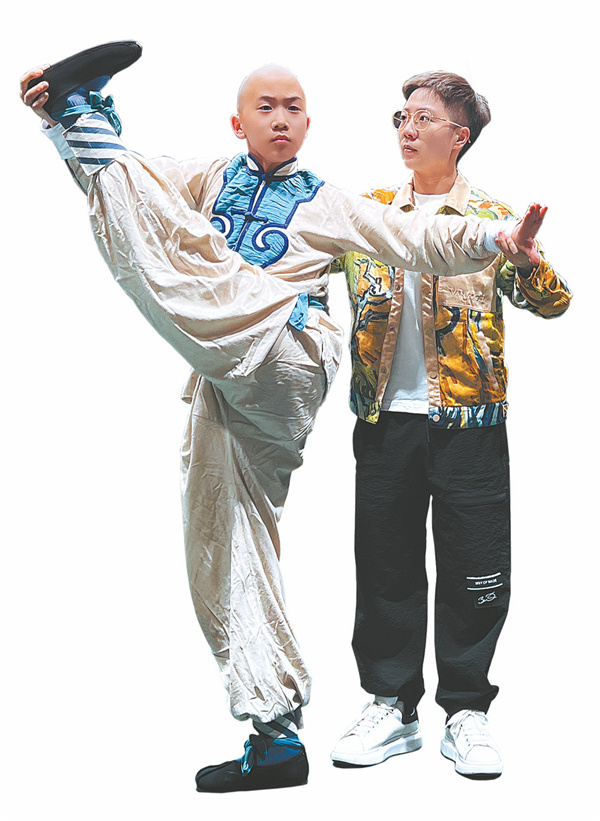
Young performer takes center stage as part of an event to celebrate the Beijing Opera Art's College's past decade's achievements, Chen Nan reports.
As five band members play musical instruments, such as the jinghu (a traditional stringed instrument), cymbals and drums, 19 teenage boys, all dressed in white T-shirts and loose black pants, and whose heads are neatly shaved, line up in a rehearsal room at the Beijing Opera Art's College. An elderly man starts giving instructions, the boys move in a line and then walk quickly onto the stage and form a circle. As they open their mouths, distinctive, high-pitched singing emerges in chorus.
Wrapping up their singing, the boys turn somersaults, one after another. The rolling movement doesn't stop until the elderly man says so, and the boys finish their performance by posing onstage.
One of the boys, 11-year-old Guo Xiaolei, gives a solo display. He steps onto a table and turns 15 somersaults in a row.
"He is the youngest in the class, and he just started studying at the school two months ago," says Wang Wenduan, Guo's teacher, who teaches the Peking Opera class at Beijing Opera Art's College.
Though Guo is a new student, he will play the eponymous role in a Peking Opera production of The Teenager Ma Lianliang, which tells the life story of Peking Opera master Ma Lianliang (1901-66).
Born in Beijing to an ethnic Hui family, Ma learned to perform at Fuliancheng, a renowned Peking Opera school. At the age of 14, he began to perform laosheng (older male roles) before gradually building his reputation through touring Fujian province and Shanghai, and returning to Beijing a star. In 1927, he launched his own troupe.
Guo will play the role of the teenage Ma, which involves lots of singing and martial arts movements, according to Wang.
The Teenager Ma Lianliang is part of an ongoing event launched by the Beijing Opera Art's College to exhibit the school's training and achievements over the past 10 years. The event opens in the capital's Tianqiao Performing Arts Center with a gala, titled Our Story, on Friday, which will be followed by 13 shows performed by the students of the school. The event will run until Nov 7.
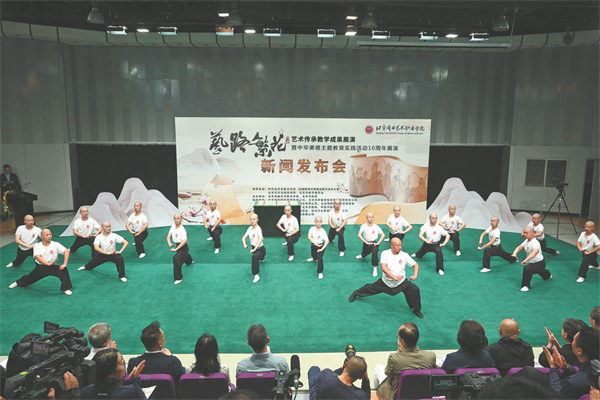
Young students of the Beijing Opera Art's College display martial arts movements in the school on Oct 10. CHINA DAILY
According to Qin Yan, president of the Beijing Opera Art's College, the school was initiated and cofounded by Peking Opera master Mei Lanfang (1894-1961) in 1952 and was headed by a number of Peking Opera masters, including Ma.
Besides Peking Opera, the school also trains performers of other kinds of traditional Chinese operas, such as Quju Opera and Pingju Opera. According to a report released by the Ministry of Culture and Tourism in 2017, China has 348 kinds of traditional operas.
The school is also home to 22 winners of the Plum Performance Award, the highest award for traditional Chinese theatrical art.
According to Qin, the Beijing Opera Art's College has worked with traditional Chinese opera companies to ensure students find work after graduation.
"Though traditional Chinese operas are old, they have gained popularity among younger audiences," says Qin, adding that with government support, many artists have been trying to refresh the genre, helping it appeal to contemporary audiences.
Guo's father, who trained to become a Pingju Opera performer, later became a director. Guo grew up listening to traditional Chinese operas, such as Peking Opera, Kunqu Opera and Pingju Opera. His father encouraged him to learn to play the role of laosheng when he was 8 years old, which started Guo's Peking Opera training with Wang.
"It was very hard to learn to sing Peking Opera. The basic skills require hours of practice a day, especially the martial arts moves, such as squatting and turning somersaults," says Guo. "However, I don't want to give up, because, after three years of training, I have fallen in love with Peking Opera."
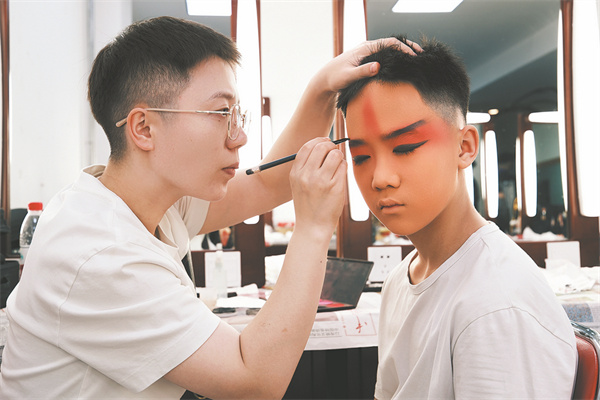
Wang Wenduan (left) helps her student Guo Xiaolei with Peking Opera facial mask painting. CHINA DAILY
Peking Opera, also known as jingju in Chinese, was listed as an Intangible Cultural Heritage of Humanity by UNESCO in 2010.
In 1790, when four Hui Opera troupes visited Beijing as part of celebrations for the 80th birthday of Emperor Qianlong (1711-99), they stayed in the south of the city. Hui Opera, or huiju, a form of opera from Anhui province, provided the foundations of Peking Opera.
In about 1840, Peking Opera began to formally take shape, growing rapidly during the time of Empress Dowager Cixi (1835-1908), a Chinese opera lover. The art form went from strength to strength, with troupes being formed in Beijing, Tianjin and Shanghai. Peking Opera had its heyday in the 1920s and 1930s, with star performers popularizing the art form across the country and abroad.
A popular Chinese saying sums up the rigorous training required for Peking Opera thus: "One minute of performance requires 10 years of practice". The highly stylized ancient Chinese art form, with a history of more than 200 years, combines music, dance, drama, acrobatics and martial arts.
"Many teenagers Guo's age are more familiar with pop music, movies and computer games. But the students at the Beijing Opera Art's College, such as Guo, practice the ancient art form every day and will grow into professional performers. They will keep traditional Chinese operas alive," says Wang.
At 31, Wang also specializes in playing the role of laosheng.
She recalls that when she was a child, her mother took her to the park near her home. Instead of playing with other kids, she enjoyed watching senior people singing Peking Opera.
Wang was also trained at the Beijing Opera Art's College and then furthered her study at the National Academy of Chinese Theatre Arts, where she graduated in 2013. The same year, she returned to the Beijing Opera Art's College and became a Peking Opera teacher.
"It takes so long to train and it is difficult to achieve fame, but knowing that we are keeping a unique tradition alive is what drives us," she says.
"I became a student at the college in 1975 and I have many beautiful memories here," says Xu Di, a veteran Quju Opera actress, who has also built a large fan base by playing roles in movies and TV dramas. "The sophisticated ancient art form is the essence of Chinese culture. The acting skills I learned at the school laid a solid foundation for my roles in movies and TV dramas. I am still performing in Quju Opera productions, which form my roots as an actress."
Contact the writer at chennan@chinadaily.com.cn

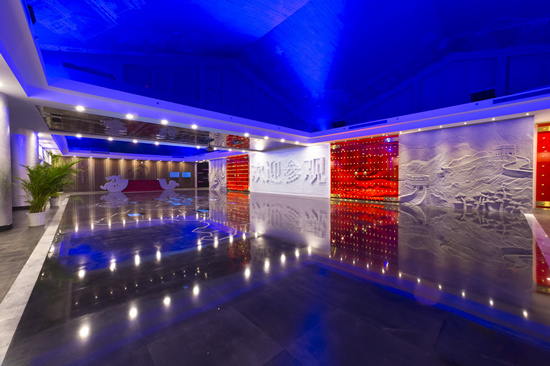 Responsibilities of the SOCAAC
Responsibilities of the SOCAAC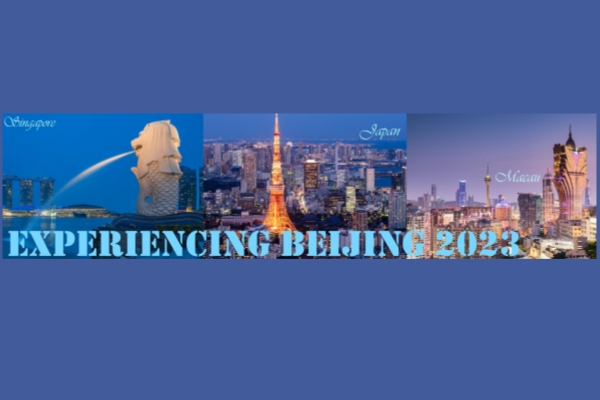 Experiencing Beijing 2023
Experiencing Beijing 2023